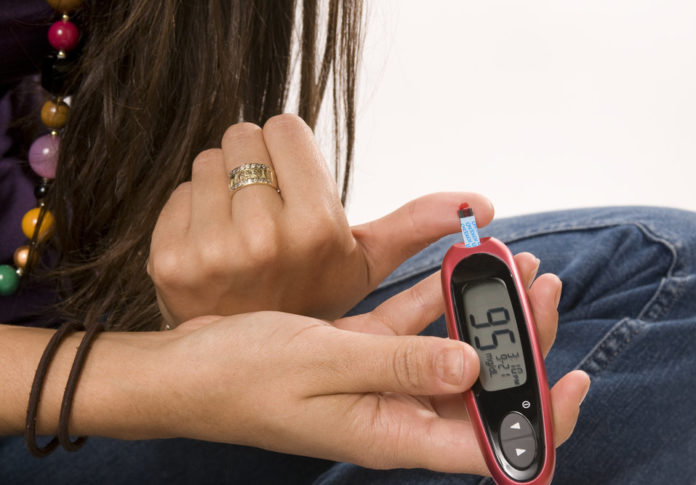
Side-effects of one of the most commonly prescribed diabetes drugs is a key reason for patients opting out of the regimen, researchers from the University of Surrey have reported in the journal Diabetes, Obesity and Metabolism.
The study that combined data from clinical trials and observational studies looking at adherence rates for both tablet and in medicines found that those who took metformin, the most commonly prescribed drug to treat Type 2 diabetes, were the least likely to take the required dosages compared to other diabetes drugs. It was reported that 30 per cent of metformin doses prescribed to patients are not taken compared to 23 percent of sulfonylureas (such as gliclazide) and 20 percent for pioglitazone. India, according to a 2015 report, has 69.2 million people living with diabetes (8.7%). Of these, it remains undiagnosed in more than 36 million people.
The importance of diabetes patients taking their prescribed medication cannot be underestimated. A failure to do so can lead to complications in their condition including eye disease and kidney damage.
Researchers believe that the variance in adherence rates are in part due to side effects of the different drugs. Metformin commonly causes gastrointestinal symptoms such as diarrhoea and flatulence, whereas DPP4 inhibitors (gliptins such as pioglitazone) are generally better tolerated by the body. It is also thought that having to take the multiple doses a day required for some drugs may have an impact on people taking the required medication.
Dr Andy McGovern, Clinical Researcher at the University of Surrey, said: “The importance of diabetes patients taking their prescribed medication cannot be underestimated. A failure to do so can lead to complications in their condition including eye disease and kidney damage. Medication which is not taken does no good for the patient but still costs the NHS money so this is an important issue. We have known for a long time that a lot of medication prescribed for chronic diseases never actually get taken. What this latest research suggests is that patients find some of these medication classes much easier to take than others.”
Data for this article was extracted from 48 studies, of these 25 compared oral therapies, 19 compared injectable therapies, three included comparison between oral and injectable therapies and one which compared an oral to an inhaled agent.













